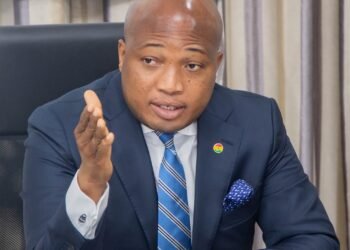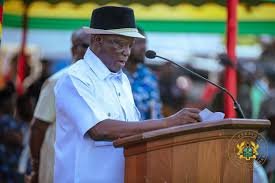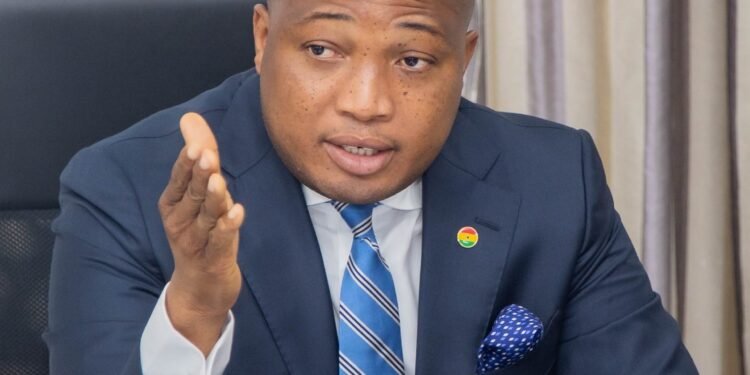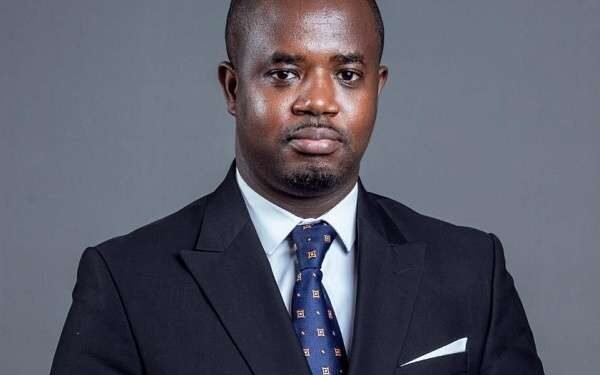The West Africa Examination Council (WAEC) urged the government of Ghana to settle the remaining debt to avoid future delays.
The Head of Public Affairs of the West African Examinations Council (WAEC), Mr. John Kapi, has disclosed that the council’s operations were significantly hindered by a debt of GHS118 million owed by the government through the Ministry of Education.
John Kapi explained that out of this amount, only GHS60 million has been received. He lamented;
“So far, we have an outstanding debt of 58 million to be settled by the government, through the Ministry of Education. We need those balance of the money to be able to pay our supervisors, our script checkers, and also to work on the printers that we have at our printing press.”
Mr. John Kapi Head of Public Affairs, (WAEC)
The delay in funding has disrupted WAEC’s operations, causing significant challenges, including missed deadlines for the release of examination results.
John Kapi highlighted that without the necessary funds, the council was unable to pay suppliers of examination materials and compensate key personnel involved in the examination process.
“We have not received any formal assurance from the Ministry of Education as to when these monies will be made available to us.’’
Mr. John Kapi Head of Public Affairs, (WAEC)
He emphasized that the council would continue to pursue the funds to avoid a repeat of the recent disruption.
“Our technicians held us to ransom. They were not willing to offer any services until we settled our indebtedness. We’d want to ensure that at least promptly we pay every single person along the chain so that when we get to the next exercise, we’ll have a smooth sailing exercise.”
Mr. John Kapi Head of Public Affairs, (WAEC)
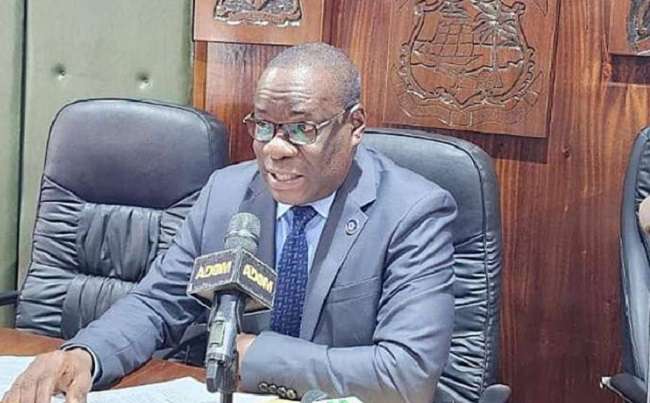
Moreover, Mr. Kofi Asare the Executive Director of the Africa Education Watch, also weighed in on the matter, calling for systemic reforms to address the recurrent delays in funding WAEC. He emphasized;
“The reason why we had this challenge is, If you look at the past three to four years since WASSCE was made free under the Free SHS program, since 2020 you realize that repeatedly, WAEC reports to parliament that the first challenge is always late receipt of examination fees from government.”
Mr. Kofi Asare Executive Director, Africa EduWatch
Kofi Asare highlighted a pattern of delays in payments that have hampered WAEC’s ability to conduct examinations efficiently.
He cited last year’s situation, where the government owed WAEC GHS122 million by November, as an example of the recurring problem. He added;
“This year, the situation is not too different, It was about 116 million or so until the last 25 million was paid last week.”
Mr. Kofi Asare Executive Director, Africa EduWatch
Kofi Asare proposed reforms to ensure timely financing of WAEC to support their operations effectively. He emphasized;
“We need to reset the cash flow mechanism so that we finance WAEC at the point that they need the money to expedite work on WASSCE.’’
Mr. Kofi Asare Executive Director, Africa EduWatch

This would enable WAEC to access the resources necessary to conduct examinations on time and reduce instances of malpractice.
“Such that WAEC is able to have the needed resources they need to invest to reduce examination malpractices, if not eliminate them at all.’’
Mr. Kofi Asare Executive Director, Africa EduWatch
A Call to Action
The ongoing delays in government payments to WAEC have far-reaching consequences, affecting not only the timely release of examination results but also the council’s ability to maintain operational efficiency.
John Kapi and Kofi Asare have both called for immediate action to resolve these systemic issues.
While Kapi emphasized the need for the government to settle the outstanding debt promptly, Asare highlighted the importance of addressing cash flow management challenges permanently.
These measures, they argue, will ensure that WAEC can carry out its mandate without disruptions, safeguarding the education system’s credibility and efficiency.




